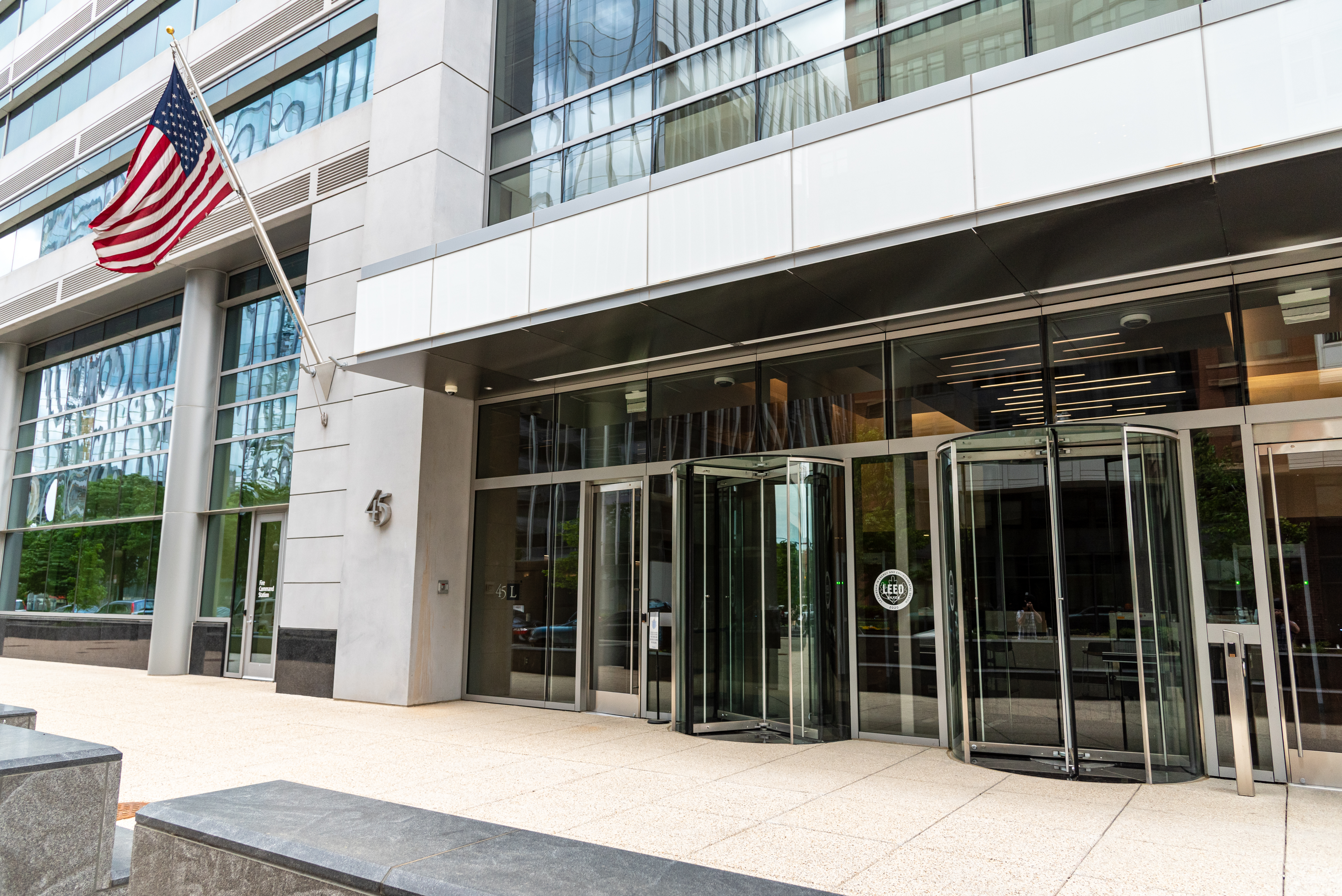Grand payments for the Grand Alliance
Remember the Grand Alliance? That's the group of companies whose technologies, for better or worse, came together to give broadcasters the package of standards that now constitute the Advanced Television Systems Committee - approved terrestrial digital television system.
It has now come to light that a number of secret deals in the early 1990s have resulted in grand paychecks to some of the early players in its development. It was revealed last week that the Massachusetts Institute of Technology (MIT) would receive $30 million from Dolby Laboratories, the result of the company's selection as the national standard for DTV audio in the U.S. and a subsequent lawsuit settlement. When broadcast correctly, the "Dolby Digital" specification includes 5.1 channels of surround sound audio.
MIT's student newspaper, The Tech, reports that a crucial vote cast in favor of Dolby by Jae S. Lim, an MIT professor of electrical engineering, helped win approval for Dolby as the standard for digital television audio in the U.S. Lim, as a key member representing MIT in the Grand Alliance, cast the vote in 1993 in favor of Dolby in a recommendation to the FCC.
As a result of his critical vote, Lim is expected to receive more than $8 million from Dolby's payments to MIT.
News of the payment revealed vote trading that went on behind the scenes among the companies whose technologies were competing for selection as DTV standards. MIT and Dolby were competing with Philips Electronics' Musicam system for the selection of the audio standard for DTV. However, Dolby did not have a vote on the Grand Alliance's technical oversight committee, while MIT did.
Dolby helped its odds by entering into a secret royalty sharing deal with MIT that kicked in if either of its systems was accepted as the standard over Philips' Musicam. In the end, Lim voted in favor of Dolby's system, over Musicam and MIT's own system. Presumably, he decided MIT's technology had no chance of winning.
Although Lim wouldn't comment for the story, several people involved in the process argued that Lim's vote was only a recommendation and not one that actually chose the standard. Therefore, they concluded, it was not a conflict of interest.
Get the TV Tech Newsletter
The professional video industry's #1 source for news, trends and product and tech information. Sign up below.
Others said Lim voted for Dolby because he thought Dolby's system was superior to the Musicam technology. While Lim was rewarded handsomely for his vote, MIT said money did not influence the vote.
A recently settled lawsuit between MIT and Dolby over the exact terms of its agreement had held up the payment until now.
The college newspaper said there is disagreement whether other members of the Grand Alliance knew of the vote trading over the audio standard.
"I think the other members [of the Alliance] would have been quite upset if they had known about such an agreement, said Joel Brinkley, the author of Defining Vision, a comprehensive account of the HDTV standardization process, and a reporter for The New York Times.
"I was not aware of it, and I was speaking to all of them," Brinkley told The Tech. "Many millions of dollars were at stake. The contract for Dolby was one of the best things ever to happen to that company. They are now the audio system for every television that will ever be sold."
The Tech reported that Dolby's selection came after it offered another of the four voting members of the Alliance's Technical Oversight Group, Zenith Electronics, a 25 percent discount on patent royalties in exchange for Zenith's vote.
Zenith subsequently changed its vote on the Oversight Group to be in favor of Dolby, but it is unclear whether Zenith accepted Dolby's offer of a royalty discount.
If so, it would mean that half of the voting members, MIT and Zenith, of the Grand Alliance were receiving monetary compensation from Dolby as a partial result of its vote for Dolby.
Zenith and Dolby declined to comment.
For more information visit The Tech at http://www-tech.mit.edu/.
